Coming up with an exciting design option when placing your pieces of furniture in an open plan interior is a pretty daunting task. If your room has no walls to define spaces, then you can use rugs to delineate one area from the other.
Area rugs not only offer comfort and visual appeal, but they also have magical powers to transform and define a room. Thus, they are ideal organizational tools that you can use to design spaces.
Whether you want to make your room look larger or smaller, rugs can help you achieve that. With carpets, you can divide large spaces into cozier areas in an open-plan living space or a loft. In smaller rooms that lack space for additional furniture, rugs can make the room look more livable and visually appealing. Also, carpets come in handy in places that need to perform multiple functions such as a guest room, an office, or a kid’s space.
Thoughtful placement of rugs can give a space identity. That means, with beautiful modern or vintage rugs, you can decorate a passageway, define a home-office area, create a conversational space, or even outline a foyer where none existed.
Some of the factors to consider when choosing a rug include:
Size
Different areas can blend in well with varying sizes of rugs. Make sure that you select a carpet that fits the furniture that you need to position on it. You must consider the place where you want your specific space to end and another one to begin. The carpet should be fitting enough but consider having at least one-foot allowance to allow for any furniture movements, for example when you want to pull out your dining table chairs.
Shape
Rugs can either be rectangular, circular, or square in shape. The shape mostly depends on the space layout elements of your area. Also, you need to consider the types of furniture that will sit on the rug when choosing the shape of your rug. For example, if your dining table is round, you can opt for a circular rug to complement it. Be creative and mix different shapes to make your room more appealing.
Colour
If you want to remain cohesive and create a harmonious interior, then you need to consider using matching rugs. Pick colors that match with each other or that share a standard color scheme to avoid color clashing.
For example, you can choose two colors from the same family or mix one or a few colors with a neutral color that can go with anything. If you have oriental rugs, then you can select the ones with the same dominant color to create a cohesive look.
Texture
You can also achieve harmony if you choose a rug with similar tones but with different materials or feel. If you pick a carpet with a more textured pile, it can help to add warmth and comfort in your space.
Without much ado, here is how you can use rugs to define spaces:
1. Create an Inviting Entryway
Your front door entryway is the first thing that your visitors see when they come into your home. You can use an area rug to define a designated foyer. With the use of the right carpet, you can create a great first impression on your visitors.
Therefore, you should find something more extensive than your doorway for relaxed reception and departures. With chevron wool rug, you can make a welcoming entrance. You can make it more inviting by adding a small piece of art or furniture.
2. Anchor your Living area
In a room with big windows and high ceilings, rugs can offer an anchor to the living room area. If you want to design an inviting and cozy space for hanging out, then you need to choose the rugs with the right size and shape for your living area.
Here are a few tips to help you choose the best rug for your living space:
Follow the vintage rule of the thumb
According to the traditional practice, you can measure the seating area, and choose a carpet that is closest size up. When you allow all of the furniture legs to rest on the rug, it gives the living area a unified look.
Blend in the modern look
Alternatively, you can use the modern style where you use smaller rugs that fit the front furniture legs or no furniture legs.
Go for the Full-Size
Another option is to fill up the entire room with the rugs. Here, you need to measure the room size and pick a rug that fills the whole room.
Try Layering
You can also try the layering concept where you have a smaller rug on top of a larger one. That creates visual interest and can define the sitting area. You can use the carpet glue to merge them and to keep them safely in place.
3. Define the Dining Area
Just because your home lacks a designated room for dining, it doesn’t mean you can’t have one. A large rug can help you create a dining area. Measure the length and width of the table and make sure that the carpet is large enough so that the chairs can scoot back from the table without falling off the edge of the rug.
To choose the best rug for the dining area, you need to measure the length as well as the width of the table. Then select the one that is at least 2 feet larger on each side to allow ample area for your furniture to sit on the rug fully.
4. Outline Hallways and Passageways
If the area has multiple entrances and exits to different rooms, you can use a rug to create a traffic pattern. A runner is a perfect solution for passageways and hallways. You need to make sure that you have at least 6 inches of floor space on each side of the runner, which makes it look visually appealing.
5. Design Patios
If you have a large patio, you can use rugs to transform it into defined open air-living space. In this case, you need to use a durable outdoor rug that can carve out beautiful outdoor living space. Use a brown or green carpet at the center of the sitting area, which can be in front of a fireplace to create an inviting and cozy space.
The post 5 Creative Ways of Using Rugs to Define Spaces appeared first on YourAmazingPlaces.com.
from YourAmazingPlaces.com https://ift.tt/31WoGOX
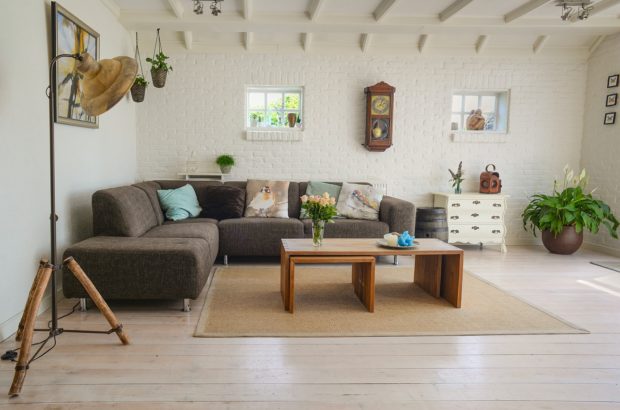
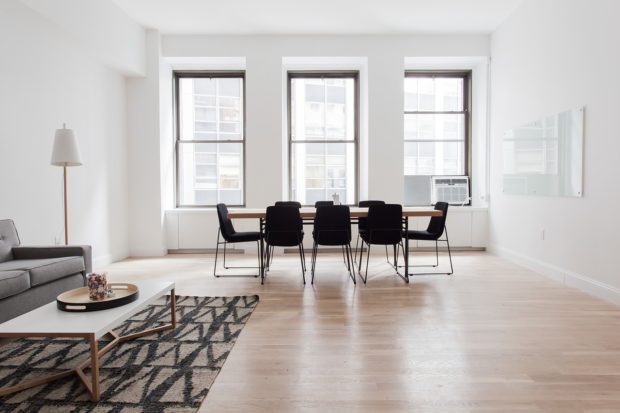
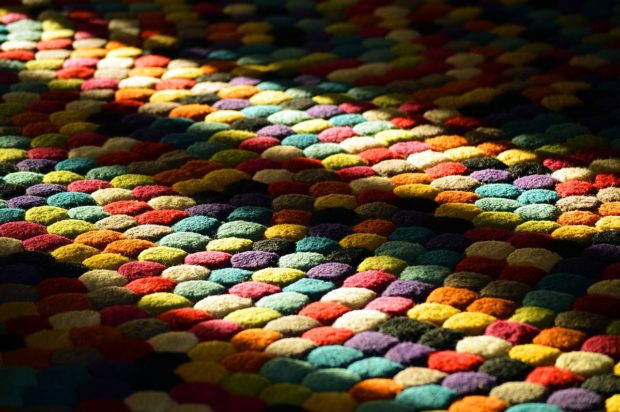
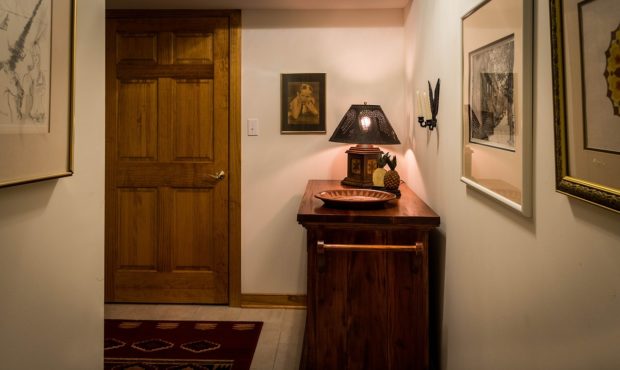
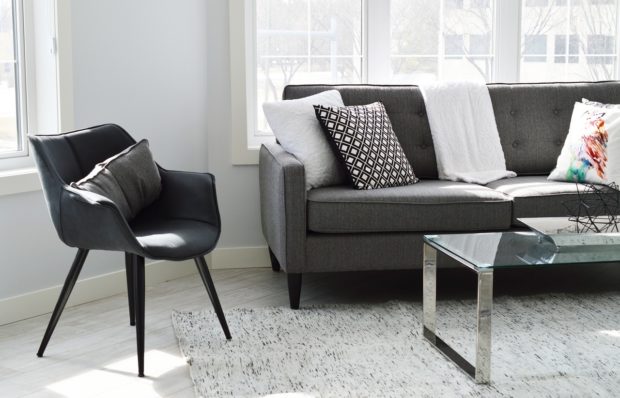
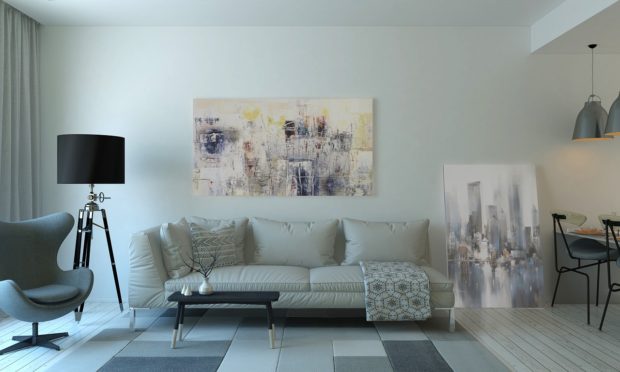
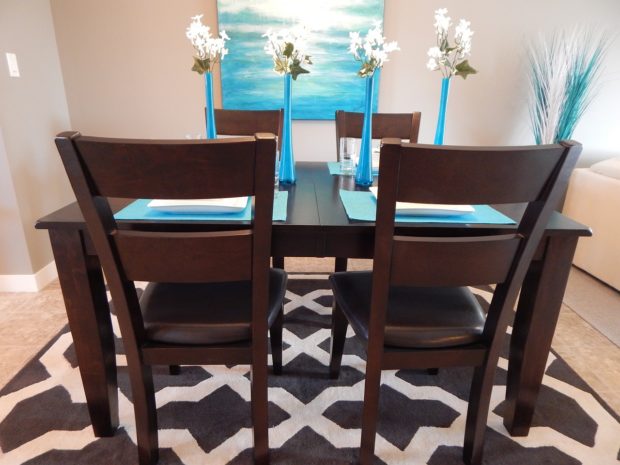
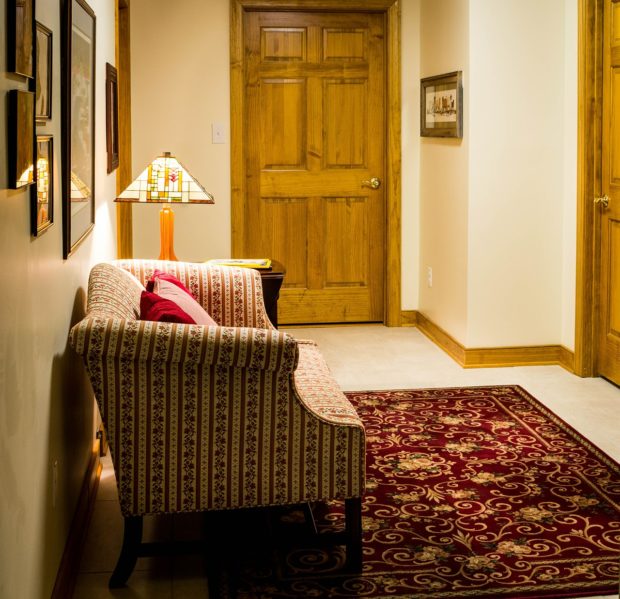
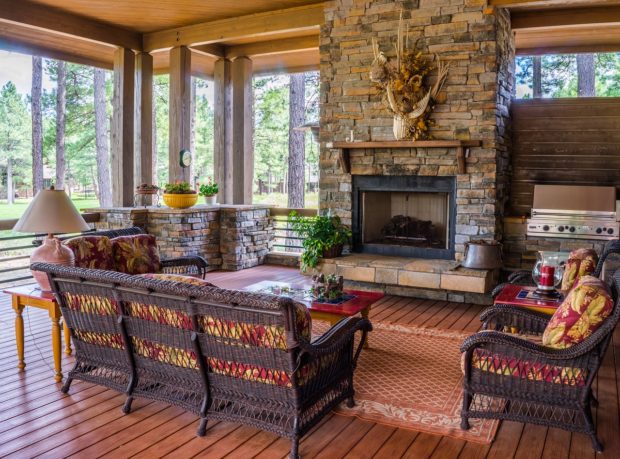








0 comments:
Post a Comment